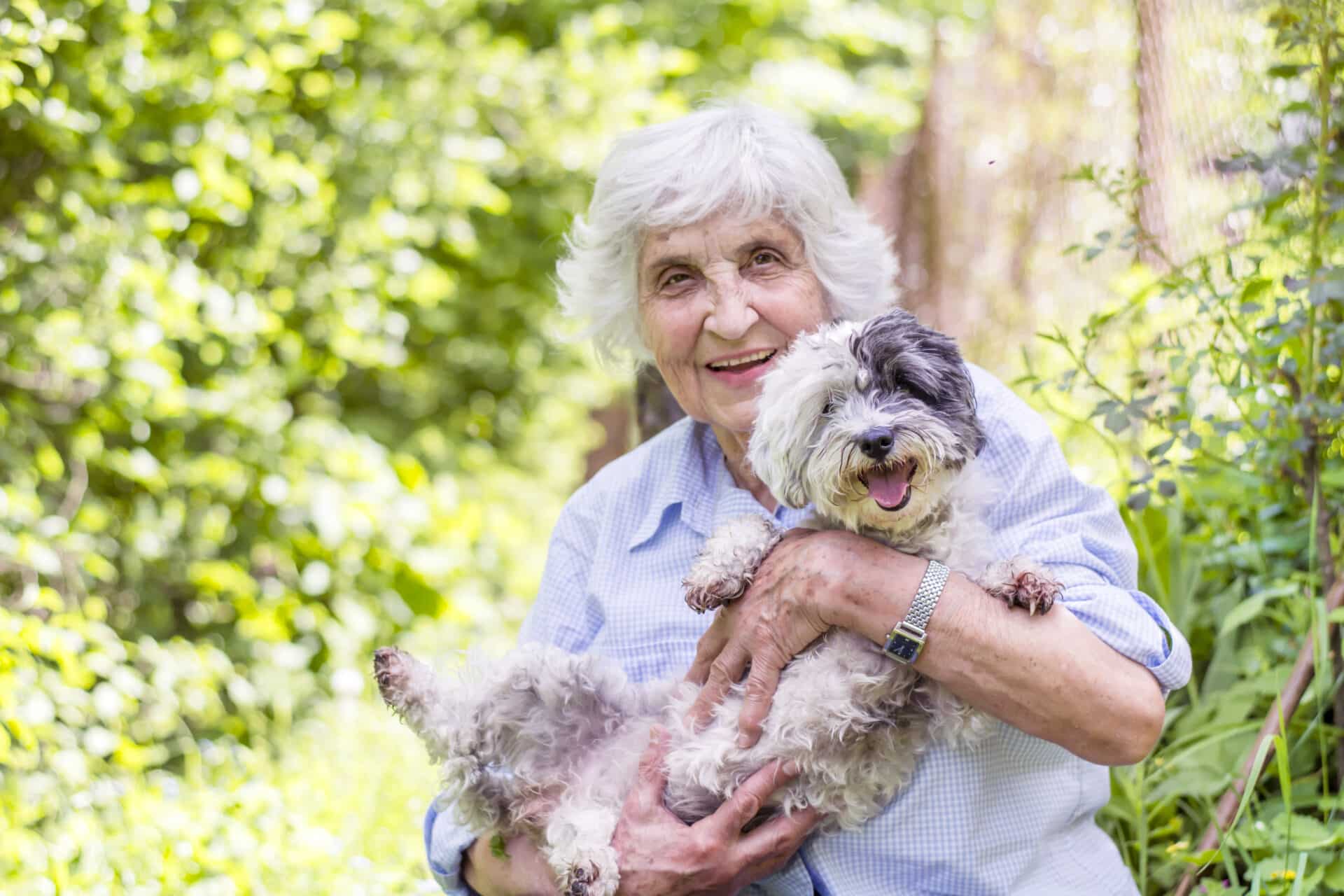Dog companions for the elderly

As we age, for many of us, the companionship of a furry friend, particularly dog companions, can bring about a multitude of physical, emotional, and mental benefits. Let’s explore the ways in which dogs contribute to the well-being of the elderly.
Companionship and Decreased Loneliness
One of the most profound aspects of owning a dog is the companionship they provide. For elderly individuals who may be living alone or experiencing feelings of isolation, a dog can be a steadfast companion. Dogs offer unconditional love, a non-judgmental presence, and a constant source of affection, which can significantly reduce feelings of loneliness and improve overall mental well-being.
Dogs Encourage for Physical Activity
Staying physically active is crucial for maintaining good health, especially as people age. Dogs, with their need for regular walks and playtime, naturally encourage physical activity. Daily walks provide exercise for both the dog and their owner, promoting cardiovascular health, joint flexibility, and muscle strength. This regular exercise routine can contribute to better overall health and increased vitality in the elderly.
Dogs provide Routine and Sense of Purpose
The responsibilities that come with caring for a dog, such as feeding, grooming, and daily walks, create a routine for elderly individuals. Establishing a daily routine can provide a sense of purpose and structure, which is particularly beneficial for those who may have experienced major life changes or transitions. Dogs thrive on routine, and this shared structure can create a strong bond between the elderly owner and their canine companion.
Dogs give Emotional Support and Stress Reduction
Dogs have an innate ability to sense and respond to their owner’s emotions. They offer a unique form of emotional support, providing comfort during challenging times and acting as a source of joy in moments of happiness. The act of petting a dog has been shown to release oxytocin, a hormone associated with bonding and stress reduction. This natural stress-relief mechanism can be particularly valuable for elderly individuals dealing with the pressures of aging or health concerns.
Enhanced Social Interaction
When it comes to companionship for the elderly, Owning a dog often leads to increased social interaction. Whether during walks in the neighborhood, visits to the dog park, or interactions with other pet owners, dogs can serve as social facilitators. Engaging in conversations about pets can create connections and help combat social isolation, fostering a sense of community and support for the elderly.
In conclusion, the benefits of having a dog for elderly individuals extend beyond mere companionship. From promoting physical activity to providing emotional support and creating a sense of purpose, dogs play a vital role in enhancing the overall well-being of seniors. The bond between an elderly person and their canine companion is a powerful and mutually rewarding relationship, contributing to a healthier, happier, and more fulfilling life in the golden years.
Caremark (Guildford & Woking) do not provide a dog companionship service at the moment, but to find out more about us, contact us here, or pop into the office for a coffee.
Home care for the elderly in Guildford and Woking.